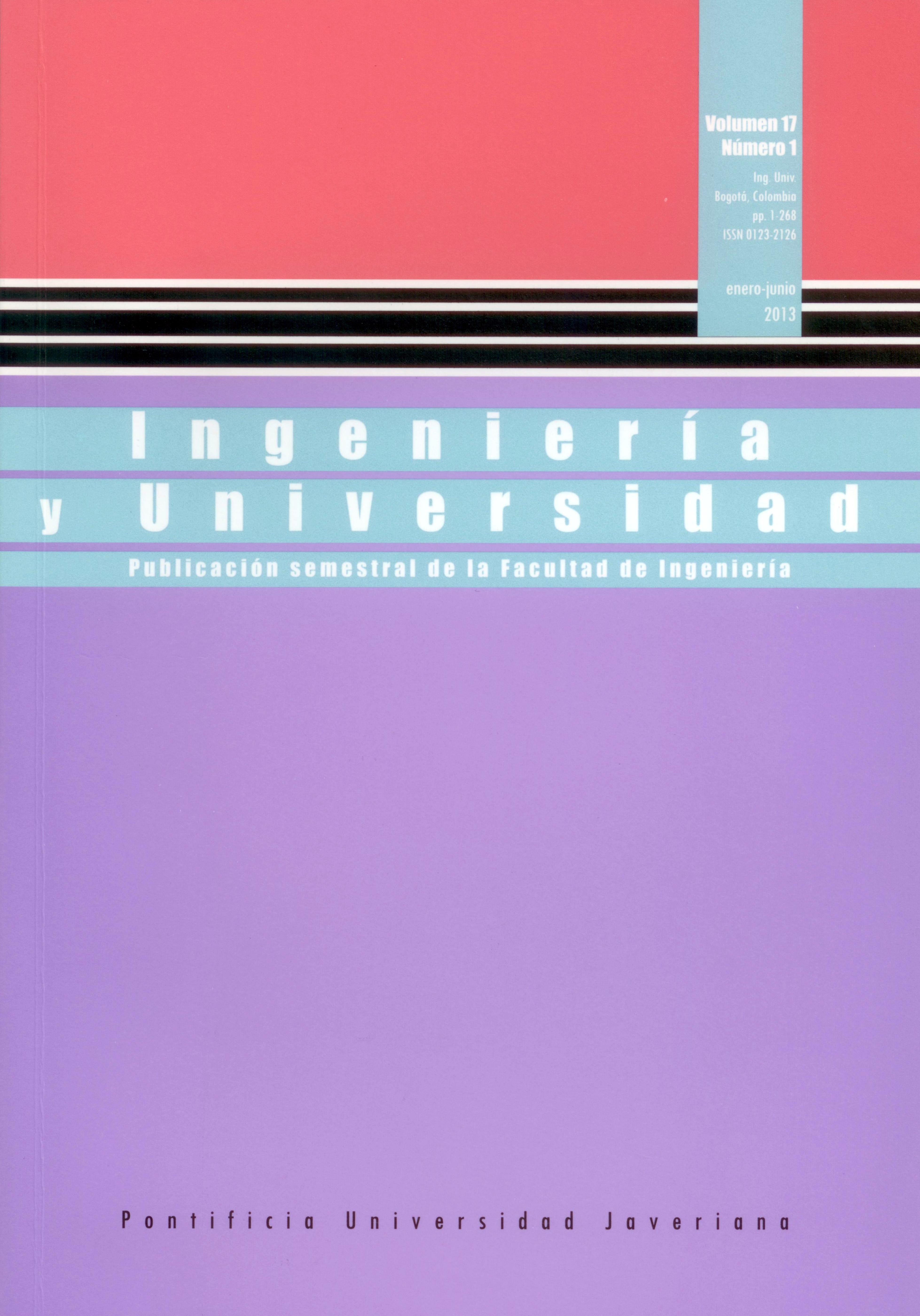Abstract
Interviews are the most frequently used elicitation methods in requirements engineering (RE); nevertheless, there are but few experimental research papers focused on such methods. Recently we have carried out experiments in order to analyze the effectiveness of structured and unstructured interviews. One of those papers has joined others in the field of information systems forming a basis for study. Although meta-analyzed studies seem similar in their design, a focus on threats to validity uncovers more differences than similarities. The analysis of such threats can be a tool for identifying moderator variables and understanding how to improve the design of future replications in order to create new evidence and improve the results of meta-analyses. This paper shows a procedure to achieve this.
AGARWAL, R. y TANNIRU, M. R. Knowledge acquisition using structured interviewing: an empirical investigation. Journal of Management Information Systems. 1990, vol. 7, núm. 1, pp. 123-140.
BECH-LARSEN, T. y NIELSEN, N. A. A comparison of five elicitation techniques for elicitation of attributes of low involvement products. Journal of Economic Psychology. 1999, núm. 20, pp. 315-341.
BELL, T. E. y THAYER, T. A. Software requirements: are they really a problem? Proceedings 2nd International Conference on Software Engineering (ICSE’76). 1976, pp. 61-68.
BREIVIK, E. y SUPPHELLEN, M. Elicitation of product attributes in an evaluation context: A comparison of three elicitation techniques. Journal of Economic Psychology. 2003, vol. 24, pp. 77-98.
BROWNE, G. J. y ROGICH, M. B. An empirical investigation of user requirements elicitation: Comparing the effectiveness of prompting techniques. Journal of Management Information Systems. 2001, vol. 17, núm. 4, pp. 223-250.
CARRIZO, D.; DIESTE, O.; JURISTO, N. y LÓPEZ, M. Estudio experimental de la efectividad de la entrevista abierta frente a la entrevista independiente de contexto. Actas del 14th Workshop on Requirements Engineering. Río de Janeiro, Brasil. 2011, pp. 297-308.
DIESTE, O. y JURISTO, N. Systematic review and aggregation of empirical studies on elicitation techniques. IEEE Transaction on Software Engineering. 2011, vol. 37, núm. 2, pp. 283-304.
HICKEY, A.; DAVIS, A. y KAISER, D. Requirements elicitation techniques: Analyzing the gap between technology availability and technology use. Comparative Technology Transfer and Society. 2003, vol. 1, núm. 3, pp. 279-302.
JURISTO, N. y VEGAS, S. Using differences among replications of software engineering experiments to gain knowledge. Third International Symposium on Empirical Software Engineering and Measurement, Florida, EE. UU. 2009, vol. 15-16, pp. 356-366.
KITCHENHAM, B.; DYBA, T. y JORGENSEN, M. Evidence-based software engineering. Proceedings 26th International Conference on Software Engineering (ICSE’04). Edinburgh, UK, May 23-28 2004.Washington: IEEE Computer Society, pp. 273-281.
LEUSER, J.; PORTA, N.; BOLZ, A. y RASCHKE, A. Empirical validation of a requirements engineering process guide. Proceedings 13th International Conference on Evaluation and Assessment in Software Engineering (EASE’09). UK, April 20-21, 2009, pp. 1-10.
MARAKAS, G. M. y ELAM, J. J. Semantic structuring in analyst acquisition and representation of facts in requirements analysis. Information Systems Research. 1998, vol. 9, núm. 1, pp. 37-63.
MILLER, J. Applying meta-analytical procedures to software engineering experiments. Journal of Systems and Software. 2000, núm. 54, pp. 29-39.
PITTS, M. G. y BROWNE, G. J. Stopping behavior of systems analysts during information requirements elicitation. Journal of Management Information Systems. 2004, vol. 21, núm. 1, pp. 203-226.
SWANSON, D. R. Two medical literatures that are logically but not bibliographically connected. American Society for Information Science. 1987, vol. 38, núm. 4, pp. 228-233.
WILLIG, C. Introducing qualitative research in psychology: adventures in theory and method. London: Open University Press, 2001.
This journal is registered under a Creative Commons Attribution 4.0 International Public License. Thus, this work may be reproduced, distributed, and publicly shared in digital format, as long as the names of the authors and Pontificia Universidad Javeriana are acknowledged. Others are allowed to quote, adapt, transform, auto-archive, republish, and create based on this material, for any purpose (even commercial ones), provided the authorship is duly acknowledged, a link to the original work is provided, and it is specified if changes have been made. Pontificia Universidad Javeriana does not hold the rights of published works and the authors are solely responsible for the contents of their works; they keep the moral, intellectual, privacy, and publicity rights.
Approving the intervention of the work (review, copy-editing, translation, layout) and the following outreach, are granted through an use license and not through an assignment of rights. This means the journal and Pontificia Universidad Javeriana cannot be held responsible for any ethical malpractice by the authors. As a consequence of the protection granted by the use license, the journal is not required to publish recantations or modify information already published, unless the errata stems from the editorial management process. Publishing contents in this journal does not generate royalties for contributors.


